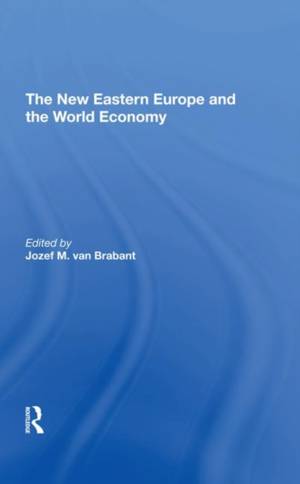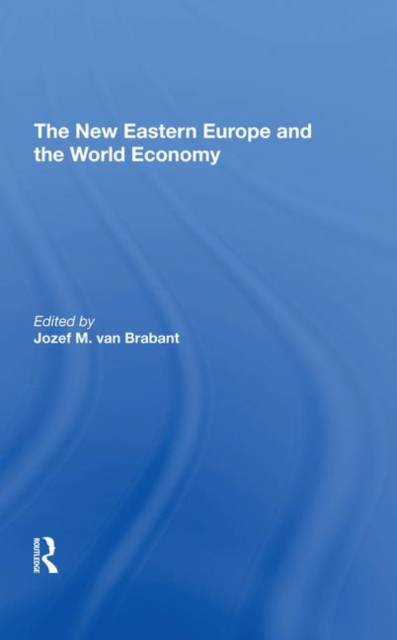
- Afhalen na 1 uur in een winkel met voorraad
- Gratis thuislevering in België vanaf € 30
- Ruim aanbod met 7 miljoen producten
- Afhalen na 1 uur in een winkel met voorraad
- Gratis thuislevering in België vanaf € 30
- Ruim aanbod met 7 miljoen producten
Zoeken
€ 182,45
+ 364 punten
Omschrijving
The unprecedented economic, political, and social changes that have followed the east European revolutions of late 1989 rank among the epochal events of the twentieth century. The end of the cold war has opened up far-reaching possibilities for international economic cooperation, which may be able to stimulate economic growth in the region and revive interactions with the global economy. This collection of essays comes to grips with the problems of repositioning the new Eastern economies in the global arena. The contributors address four main themes: freeing up foreign economic sectors through trade liberalization, currency convertibility, and greater access to markets for international capital; the disintegration of the trade payment, pricing, and settlements systems based on the transferable ruble; active participation in the key organizations entrusted with international financial, monetary, and trading regimes; and strategies for using international economic assistance to alleviate adjustment costs with ongoing transition policies
Specificaties
Betrokkenen
- Auteur(s):
- Uitgeverij:
Inhoud
- Aantal bladzijden:
- 219
- Taal:
- Engels
Eigenschappen
- Productcode (EAN):
- 9780367294335
- Verschijningsdatum:
- 27/08/2019
- Uitvoering:
- Hardcover
- Formaat:
- Genaaid
- Afmetingen:
- 157 mm x 231 mm
- Gewicht:
- 498 g

Alleen bij Standaard Boekhandel
+ 364 punten op je klantenkaart van Standaard Boekhandel
Beoordelingen
We publiceren alleen reviews die voldoen aan de voorwaarden voor reviews. Bekijk onze voorwaarden voor reviews.











